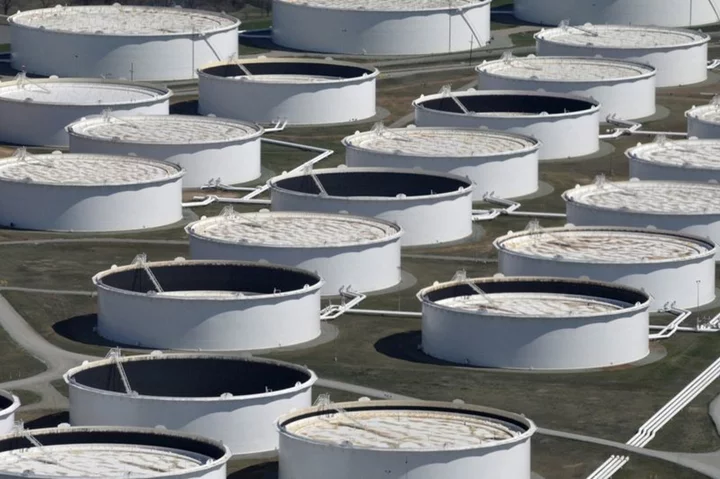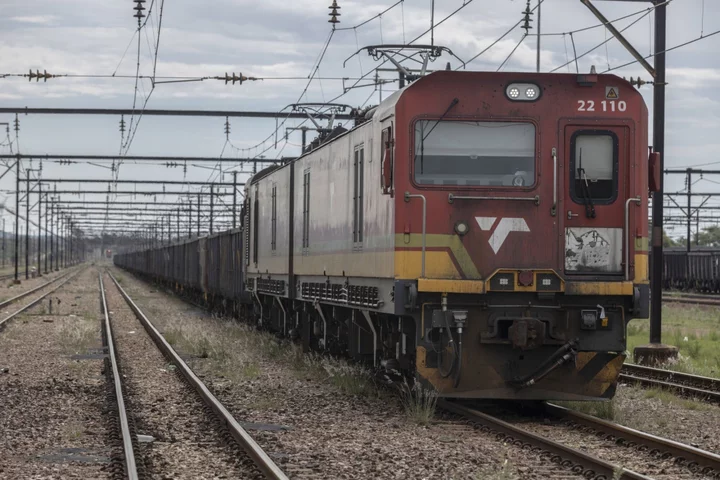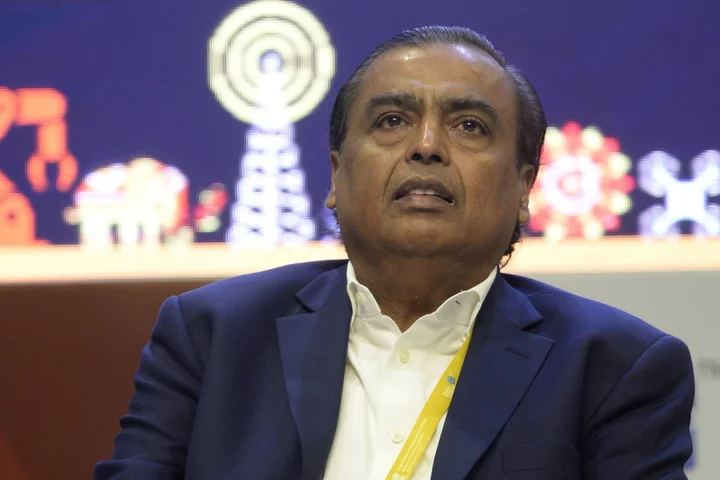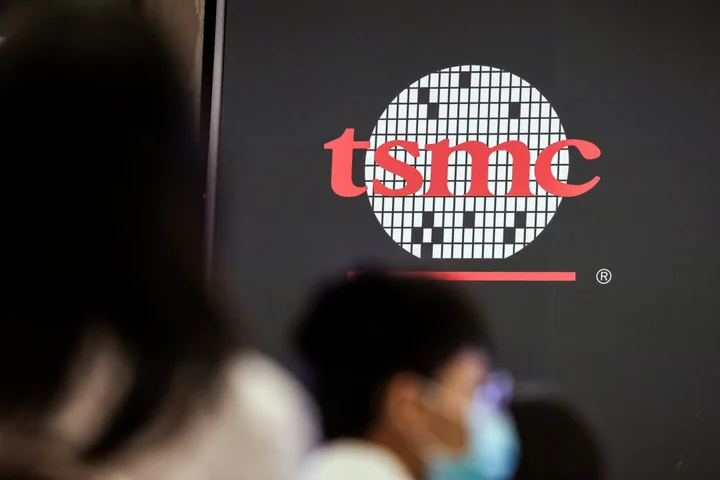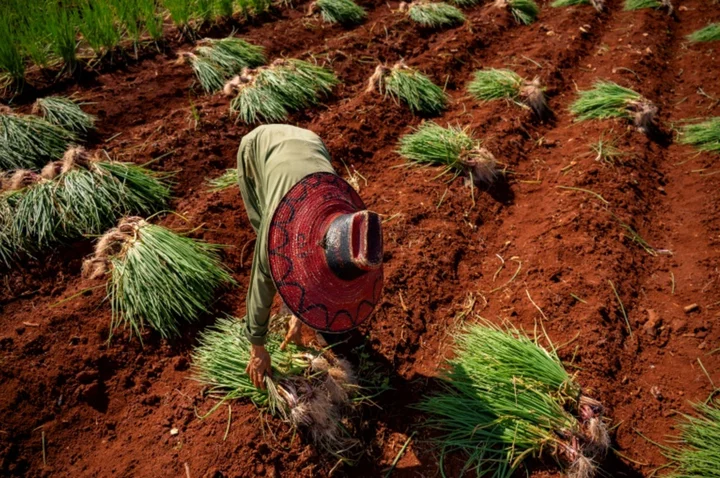By Laura Sanicola and Trixie Yap
Oil nudged higher on Wednesday, extending gains for a second session, as planned supply cuts by the world's biggest oil exporters and hopes for higher demand in the developing world offset wider economic concerns globally.
Brent futures rose 6 cents to $79.46 a barrel by 0356 GMT, and U.S. West Texas Intermediate (WTI) crude rose 6 cents to $74.88 a barrel.
"Crude prices are getting a boost as expectations grow for the oil market to remain tight, despite all lingering growth concerns," Edward Moya, OANDA's senior analyst, said in a client note.
Last week, top producer Saudi Arabia pledged to extend a production cut of 1 million barrels per day (bpd) in August, while Russia will cut exports by 500,000 bpd.
On Tuesday, the U.S. EIA projected demand would outpace supply by 100,000 bpd in 2023 and by 200,000 bpd in 2024.
The International Energy Agency (IEA) said the oil market should stay tight in the second half of 2023, citing strong demand from China and developing countries combined with recently announced supply cuts, by top exporters Saudi Arabia and Russia, among others.
"The short-term crude demand outlook shouldn't be that bad, as everyone is taking a vacation that requires some travel this summer," Moya added.
However, U.S. crude inventories rose by about 3 million barrels in the week to July 7, market sources said, citing American Petroleum Institute industry figures. Analysts polled by Reuters also expected a 500,000-barrel rise in crude stocks.
If confirmed in data due from the Energy Information Administration later on Wednesday, that would be the first crude stock build in four weeks and compares with an increase of 3.3 million barrels in the same week last year and a five-year average decline of 6.9 million barrels.
Investors were awaiting U.S. inflation data on Wednesday for clues to the interest rate outlook.
Markets are pricing in a 92% chance of a 25-basis-point hike later this month, the CME FedWatch tool showed. Higher rates can slow economic growth and reduce oil demand.
(Reporting by Laura Sanicola and Trixie Yap; Editing by Sonali Paul and Clarence Fernandez)

